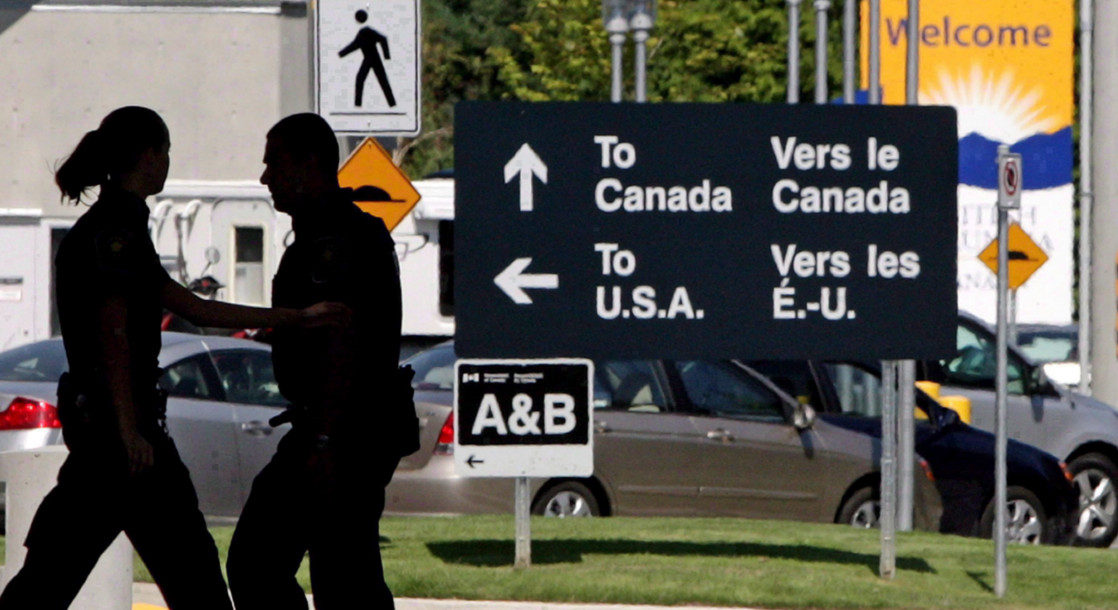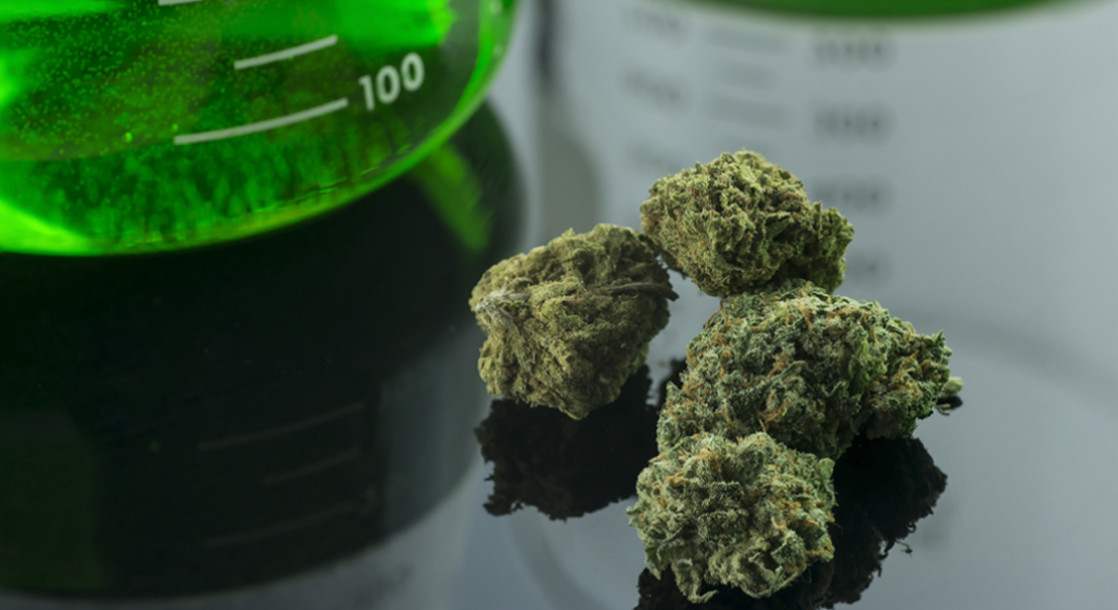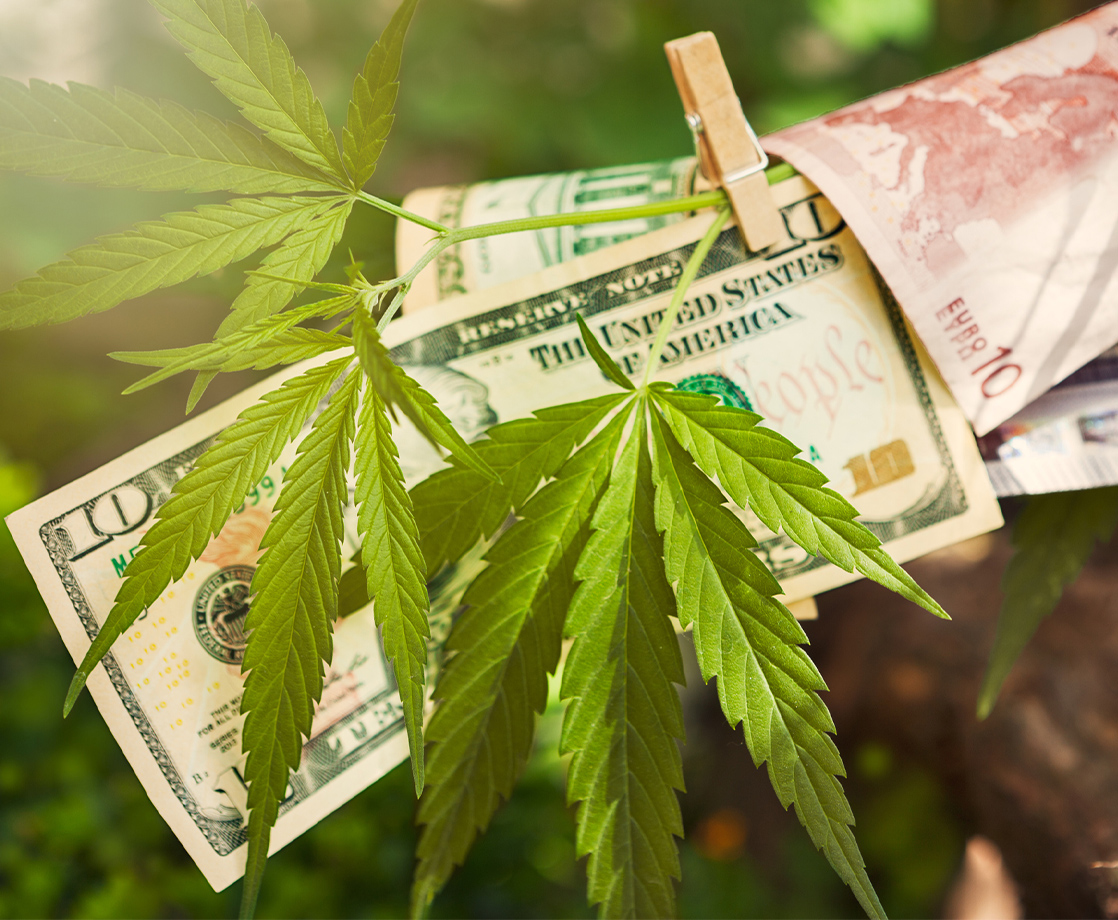If you are a foreign citizen trying to cross the border into the United States, one of the questions you are likely to be asked is whether or not you have ever smoked pot. But not everyone is aware that answering yes to this question can get you permanently barred from entering the country. If Canada follows through on its promise to legalize marijuana next year, there will then be millions of people who are legally free to smoke weed, but could all be potentially banned from entering the U.S.
“I’m expecting my business to boom,” said immigration attorney Len Saunders. The attorney advises Canadian stoners not to lie to American border authorities, but to refuse to answer questions about their pot use. “If you’ve smoked in the past, it’s nobody’s business,” he said. “If you don’t answer the question, the worst thing they can do is deny you entry. If you answer that question and say ‘yes,’ you are inadmissible for life. It’s a lifetime ban.”
Canadian Public Safety Minister Ralph Goodale said that it was “ludicrous” how many Canadians were getting banned from the U.S. over marijuana. “What we will expect of our American counterparts, just as they would expect it of us, that when people present themselves to cross the border, that the experience is respectful, that it’s consistent, that it’s professional and that people are not treated in any kind of a capricious way,” Goodale said.
Canada's impending legalization of marijuana “completely changes the dynamic,” Oregon Rep. Earl Blumenauer said. “Some regard Canada as the 51st state. This is going to make a big difference in terms of adjusting attitudes and accelerating progress. . . . It’s going to help us bring these things to a head.”
“I enjoy my brothers and sisters from the north – obviously they support my business quite well,” said Jacob Lamont, who runs Evergreen Cannabis, a legal marijuana retailer in Washington, just blocks from the Canadian border. “They still come down here. They buy a lot of milk, they buy cigarettes and they buy alcohol, because the taxation is so high up there. And I have a feeling they’re going to follow suit with marijuana.”











